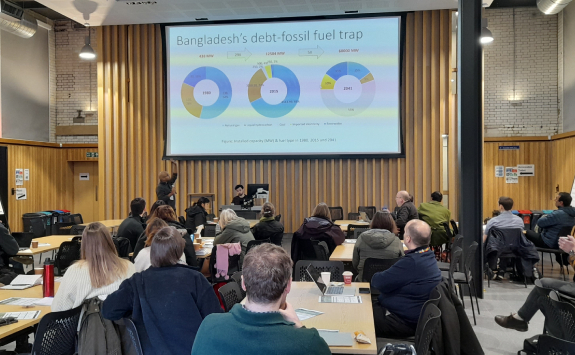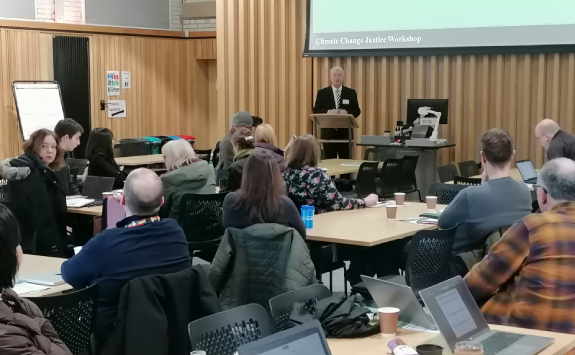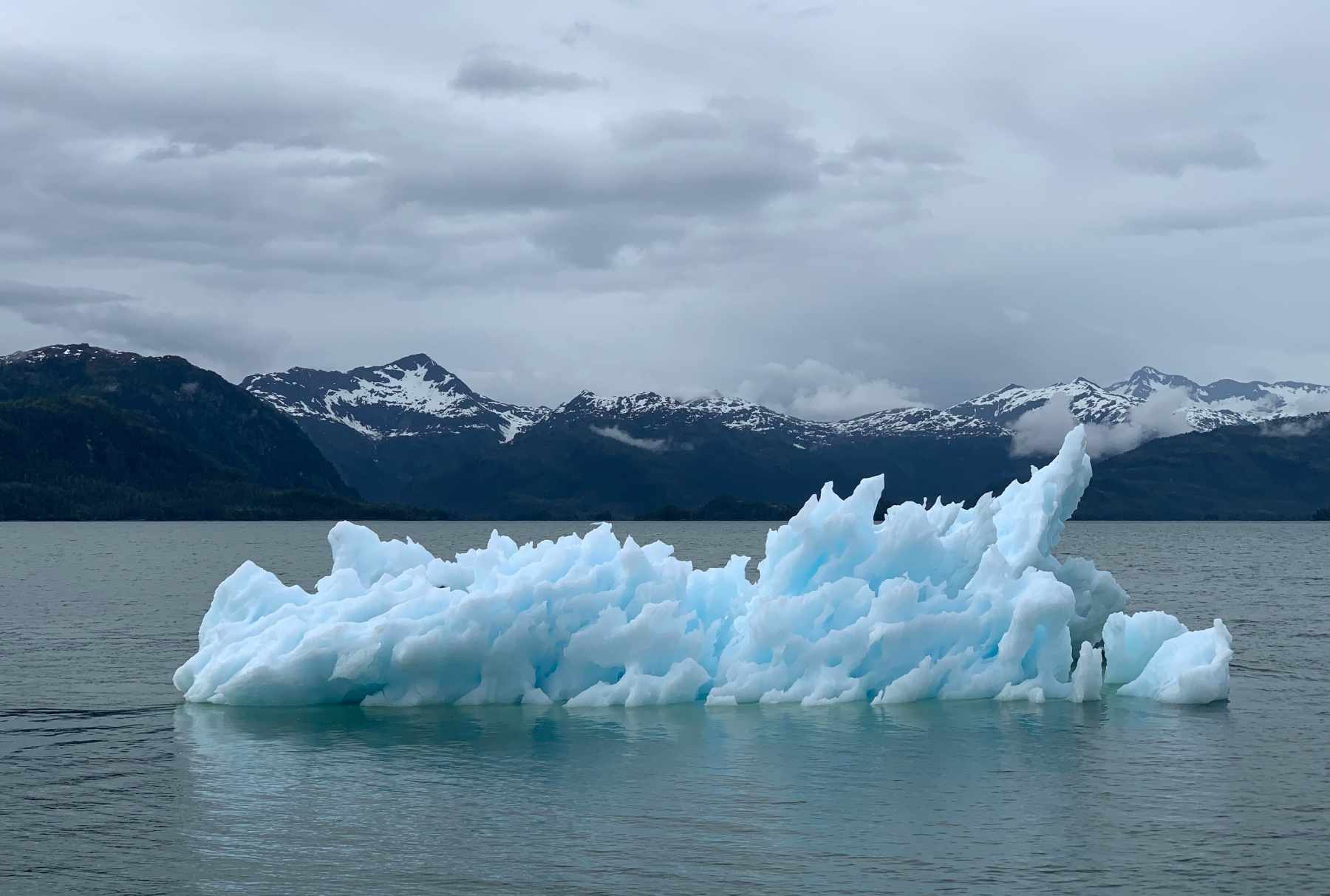Climate action: Whose responsibility is it?
Written by Jelaine Gan & Sheena Davis
17 May 2024
The NU community pondered over this philosophical question – “Are our obligations truly of justice?” - at the Climate Change & Future Generations event held earlier this year, on 8th January 2023, at the Boiler House, Newcastle University (NU). Hosted by the Centre for Climate and Environmental Resilience (CCER), the event was a full day of meaningful conversation and discussion on the philosophy of climate change risk and intergenerational justice.
The event had an impressive line-up of speakers from different universities, representing various fields in engineering, environmental science, sociology, law, and philosophy. This was then followed by a workshop. Here, we interviewed one of the main organizers, Micah Thomas, to delve into his area of research and hear more about the event and its main takeaways.

Micah Thomas
This event was the brainchild of Micah Thomas, a visiting PhD researcher at the Tyndall Centre for Climate Change Research at Newcastle University. Coming from a strong background in philosophy, Micah is a PhD candidate at the University of Bucharest, Romania, and has devoted himself to the philosophical analysis of climate change challenges and environmental justice. In 2022, he led the research on “Climate Determinism and the Broken Paradigm” at the iCLIMATE Centre, an interdisciplinary Centre for Climate Change, and the Department of Environmental Science, Aarhus University in Denmark.
While with Newcastle University, Micah worked closely with Professor Hayley Fowler, the director of the CCER. He was particularly drawn to the school of thought by Derek Parfit, a prominent British philosopher, on the identity of the future generation. It is based on the premise that the future generation’s existence is very much causally dependent on the actions of the present generation. In other words, policies we enact now can harm nobody in the present, but they may have impacts on the future generation.

Climate change is a major political and ethical issue
Climate change is one of the major problems of our generation. It was a crisis created by the past generation but has been exacerbated by the present generation’s continued dependence on fossil fuels. Consequently, the impacts of climate change will be felt strongly by future generations who do not have a say. Already, we are feeling the impacts of climate change, and future generations are likely to suffer more from its heightened impact. We have passed the point of reversing climate change, but it is far from a lost cause. We need to act urgently to adapt and prevent worst-case scenarios. According to Micah, climate change is a major risk driver that threatens our existence; hence, it is more of an existential crisis with much anxiety, fear, and deep uncertainty concerning the life of humankind and the whole biota. It has become a major political and ethical issue that will shape our destinies.
Intergenerational justice is our duty
At the workshop, discussion was centred on the ethics of climate action in relation to the future, the rights of the future generation, and how our actions or inactions can impose negative risks on the well-being, safety, and quality of life of the future generation. Given that the notion of the future generation is but a construct at the present, what is our responsibility towards them? And if there is a duty, who is responsible? Micah argued, “We need to take a decision not based on sociocultural, political, or religious backgrounds but on what John Raws regards as 'the original position' based on the principle of justice. He further added that, in a changing climate, our reasons for acting should derive legitimacy from the type of experience our actions would produce, no matter who was involved. This implies that everyone, not just the Global North, has the duty and responsibility to do something to mitigate climate change.
Going deep into the morality and ethics of risk imposition, it was reasoned that wrong doesn’t have to have a victim. In the case of climate change, the mere fact that its negative impacts - extreme weather events, for example - can cause great harm is by itself a wrong and therefore a reason for action, irrespective of whether these climate risks materialize or not.
What can universities do more?
One of the pressing questions raised during the workshop was how to get people join into collective action for climate mitigation and adaption? It was raised that there is a need to shift the narrative to a more positive note, else depressing messaging can cause climate anxiety among people. The communications must be brought down to the streets, shifting the language from technical jargons to relatable stories and easily digestible visuals that people can connect and resonate with. In this, social media, if used properly, will most likely play a big role to reach people fast and wide.
Currently, universities communicate mostly through scientific articles, but these have a very limited audience. Perhaps, academics can work with experts in communications and other fields and engage more with stakeholders and communities. For example, they can talk to local communities and interview them about their personal understanding and experiences surrounding the climate crisis. This understanding of what the climate crisis means to them will guide genuine climate action and just transitions. Participants also raised that universities could engage more with industries and organizations and help them make their ‘business as usual’ more sustainable.
Next steps
From the workshop, we noted several ways on how we can improve. Academics and researchers need to spend more time with communities and talk to people to understand their experiences and perspectives about climate change. Schools and museums are good venues for engagement, such as putting up stalls and exhibitions. We also need to take advantage of the rising international and community voices around climate justice.
With the success of this event, event organiser Micah Thomas is awarded a one-year research project by the HaSS Research Institute of Newcastle University titled ‘Eco-futures: Bridging Generations for a Sustainable Western Newcastle upon Tyne', and a conference for early career researchers is already brewing, which aims to facilitate interdisciplinary discussion on the Co-creation of Science in Northeast England, so watch out for it on the CCER website!
